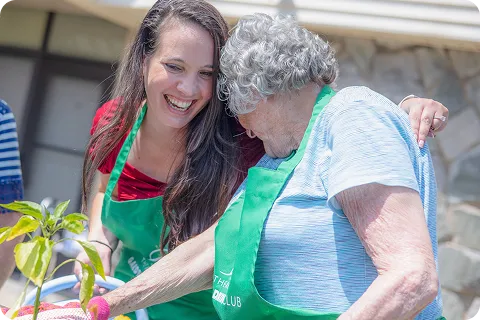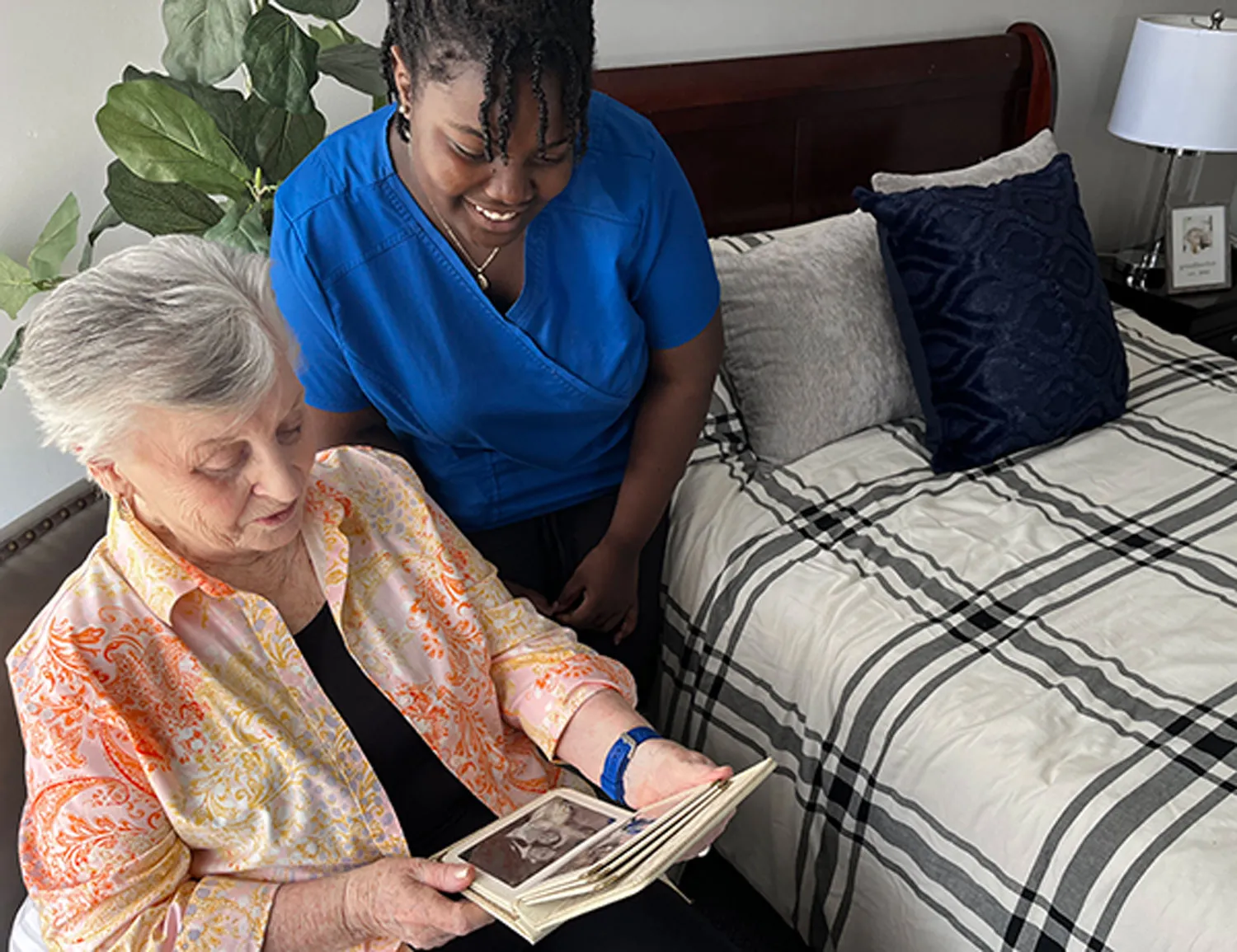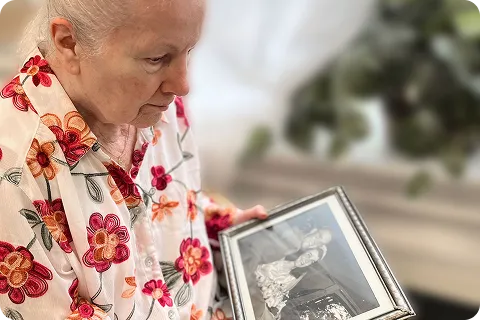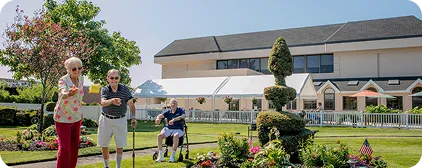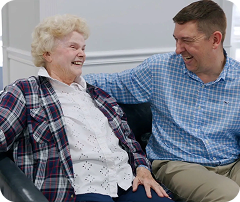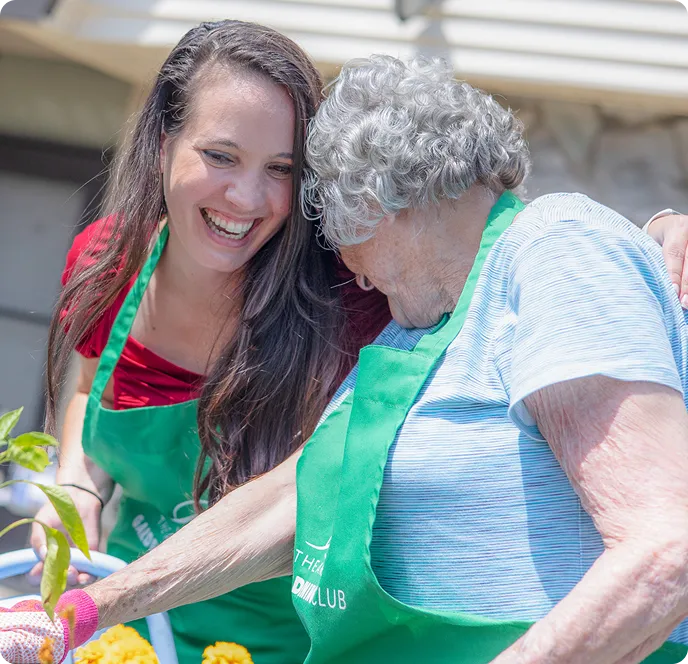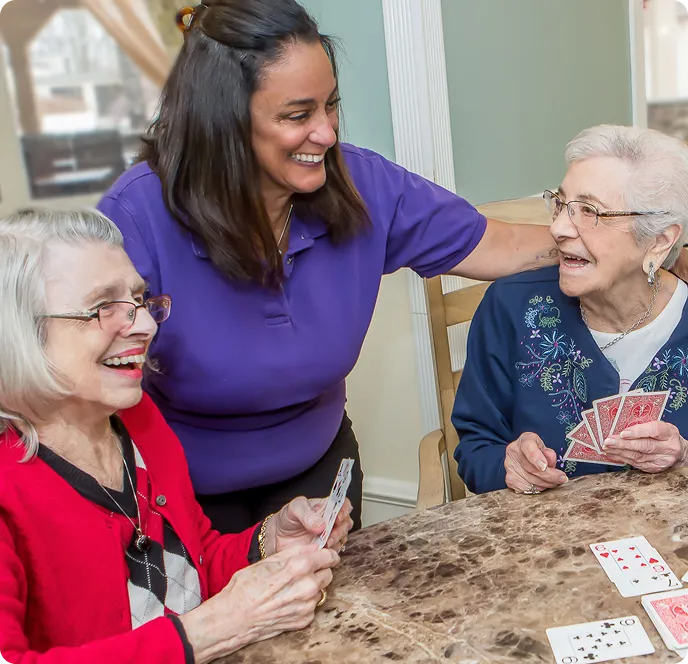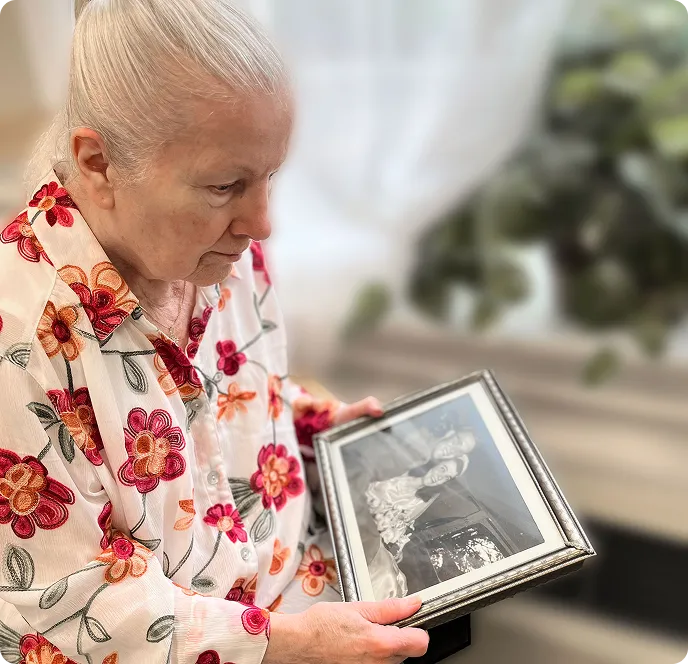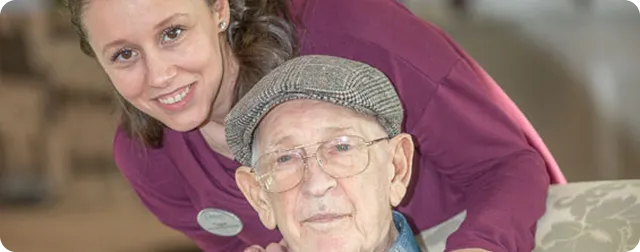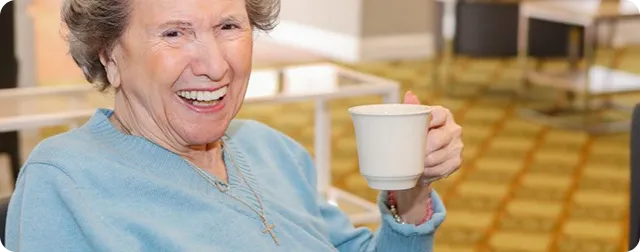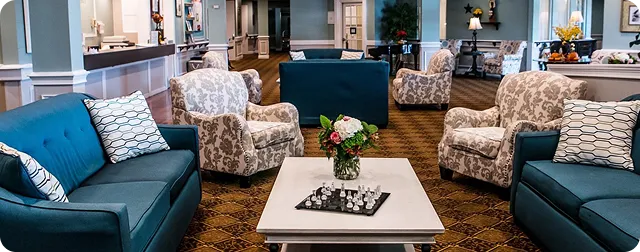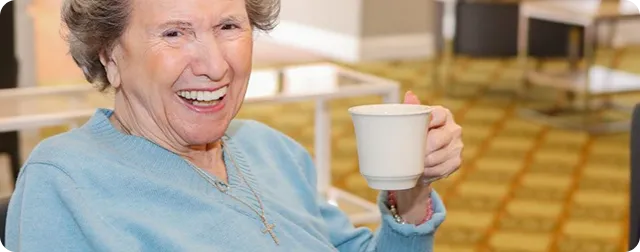(631) 778-7747
Bingo Night Regulars May Have Healthier Brains Than Less Active Seniors

Bingo Night Regulars May Have Healthier Brains Than Less Active Seniors
February 6, 2025
The Surprising Benefits of Socializing for Seniors: How Staying Connected Can Protect Your Brain
As we age, many of us might think that socializing becomes less important. After all, it’s easy to assume that a quieter, more routine life comes with age. But research shows that maintaining an active social life in our later years has significant benefits for both our mental and physical health.
The Link Between Socializing and Delaying Dementia
One of the most compelling reasons to stay socially engaged in later life is its positive impact on brain health. Studies have shown that older adults who actively maintain social relationships tend to develop dementia approximately 5 years later than their peers who are more socially isolated.
This delay is no small matter. A five-year delay in dementia onset doesn’t just offer more years of clarity and independence, it can also significantly reduce the financial burden of healthcare costs. In fact, experts estimate that this delay could save about $500,000 per person in healthcare expenses, which is a staggering amount when you consider the overall cost of dementia care.
Simple Social Activities Lead to Big Benefits
The good news is that you don’t need to engage in complex or strenuous activities to reap the rewards of socializing. Simple, everyday activities can have a big impact on brain health. In fact, research shows that regular involvement in activities like:
- Dining out with friends or family
- Playing bingo or other social games
- Going on day trips to explore new places
- Attending religious services or community gatherings
These low-stress, social activities have been linked to a 38% lower risk of developing dementia. The key isn’t in the complexity of the activity but in the social interaction itself. The mental stimulation and sense of community that come from engaging with others is a powerful tool in maintaining cognitive function as we age.
The Financial and Life-Extending Impact
The delay in the onset of dementia not only brings more years of cognitive health but can also translate into significant cost savings. As mentioned earlier, delaying dementia by five years could save an individual around $500,000 in healthcare costs. That’s money that could be used for other aspects of life, like enjoying retirement, spending time with family, or pursuing new hobbies and experiences.
Additionally, maintaining an active social life could add around three extra years to a person’s life expectancy. For those who might otherwise experience the cognitive decline associated with dementia, these extra years could mean more time to enjoy life, travel, and cherish meaningful relationships with loved ones.
Why Socializing Matters for Brain Health
So why exactly does socializing have such a powerful effect on our brains? Researchers believe that social engagement has a number of benefits for mental health:
- Cognitive Stimulation: Engaging in conversations, solving problems together, and participating in group activities helps keep our brains sharp and active. Social interaction requires memory, quick thinking, and emotional regulation, all of which are excellent exercises for the brain.
- Emotional Support: Having a network of friends and family provides emotional support, which can reduce feelings of anxiety or depression. Mental health is intricately linked to brain health, and reducing stress through social connection can help protect cognitive function.
- Physical Activity: Many social activities also encourage physical activity, whether it’s walking to a local restaurant, attending a fitness class, or simply moving around during a game of bingo. Physical activity is proven to improve blood flow to the brain, which helps maintain cognitive function.
- Sense of Purpose: Having social connections often gives seniors a sense of purpose and belonging, which can be a powerful motivator to stay mentally and physically active.
The benefits of socializing in seniors go far beyond simply passing the time. Staying engaged with others can delay the onset of dementia, reduce healthcare costs, and even add extra years to life expectancy. Whether it’s dining out with friends, attending church services, or taking a fun day trip, these simple activities play a crucial role in maintaining both cognitive health and emotional well-being.
So, if you’re a senior or know a senior who tends to be a little more solitary, consider finding small ways to incorporate social activities into your routine. Not only can it be enjoyable, but it may also provide the cognitive boost needed to stay sharp and healthy for years to come. Your brain (and your wallet) will thank you! Assisted Living is a great way to stay social, you are surrounded by friends all day every day.
If you would like more information on how your loved one can stay active and social, contact one of our five convenient locations:
Recent News
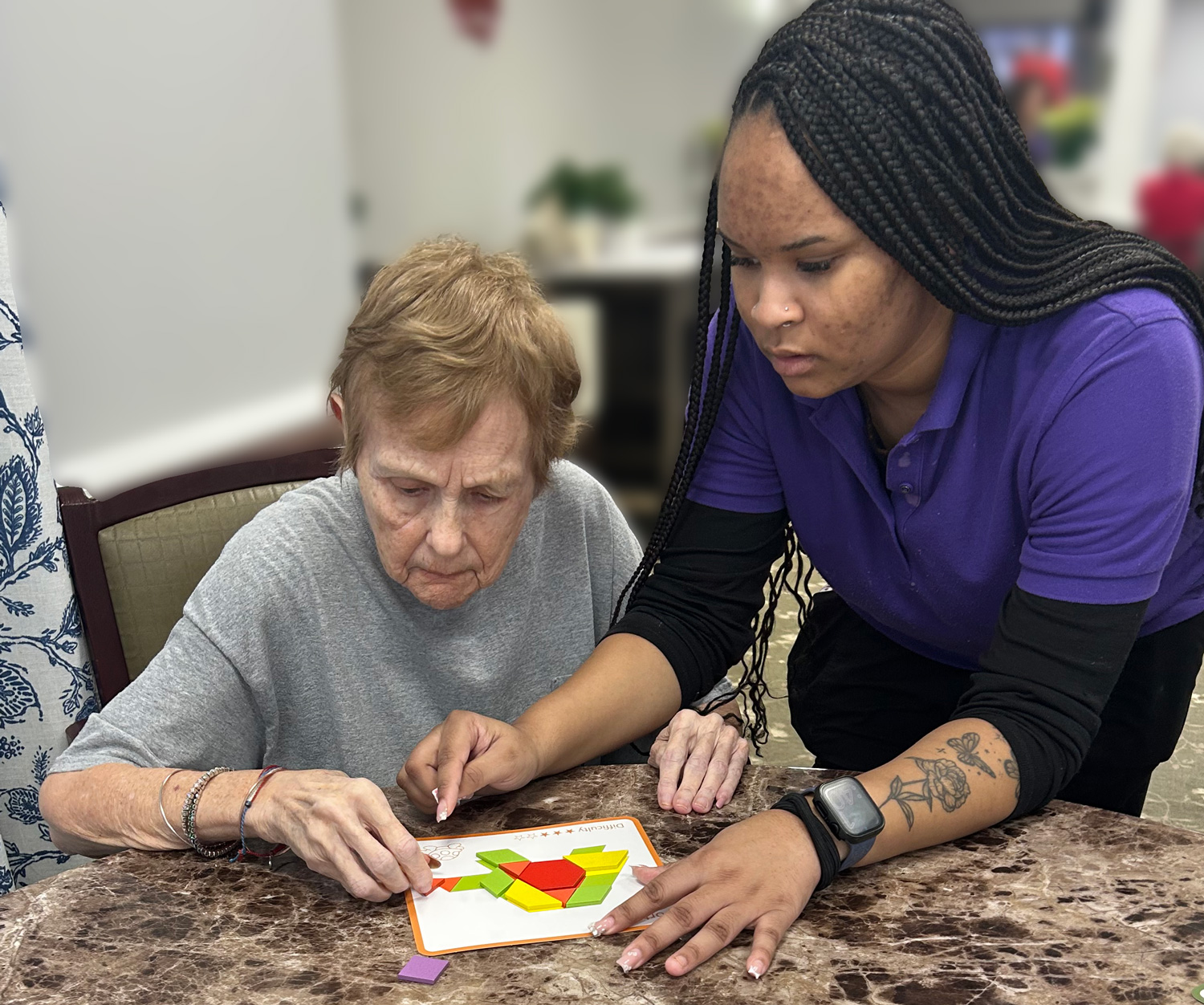
The Power of Touch
February 9, 2026

Winter Readiness for Caregivers: Do You Have a Plan?
January 6, 2026

Important Topics to Discuss With Local Assisted Living Centers
November 10, 2025

When It’s Time: Helping Your Parents Accept the Need for Assisted Living
October 15, 2025

How to Encourage an Aging Parent to Shower When They Refuse
July 2, 2025
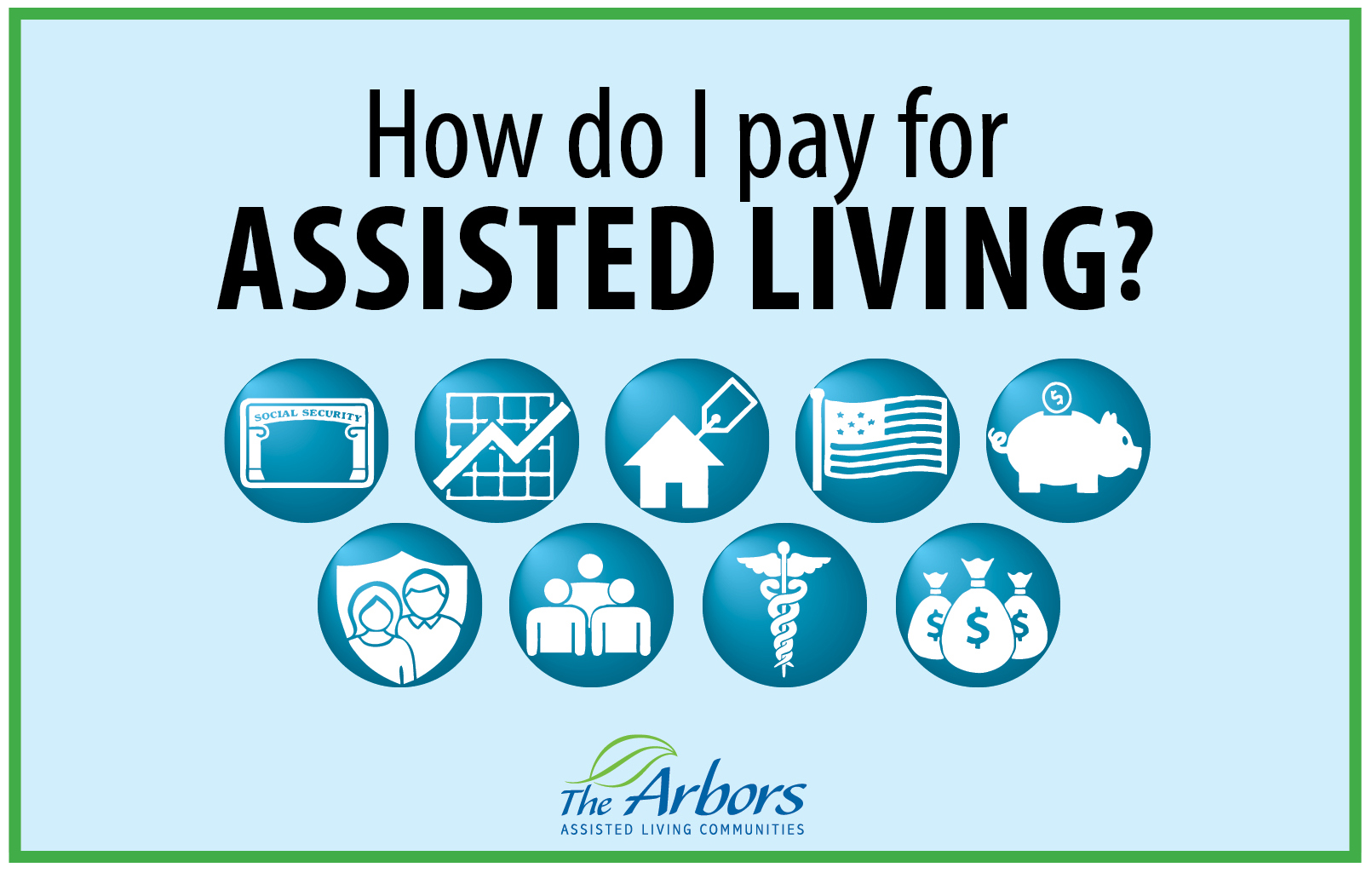
How Do I Pay for Assisted Living
June 6, 2025
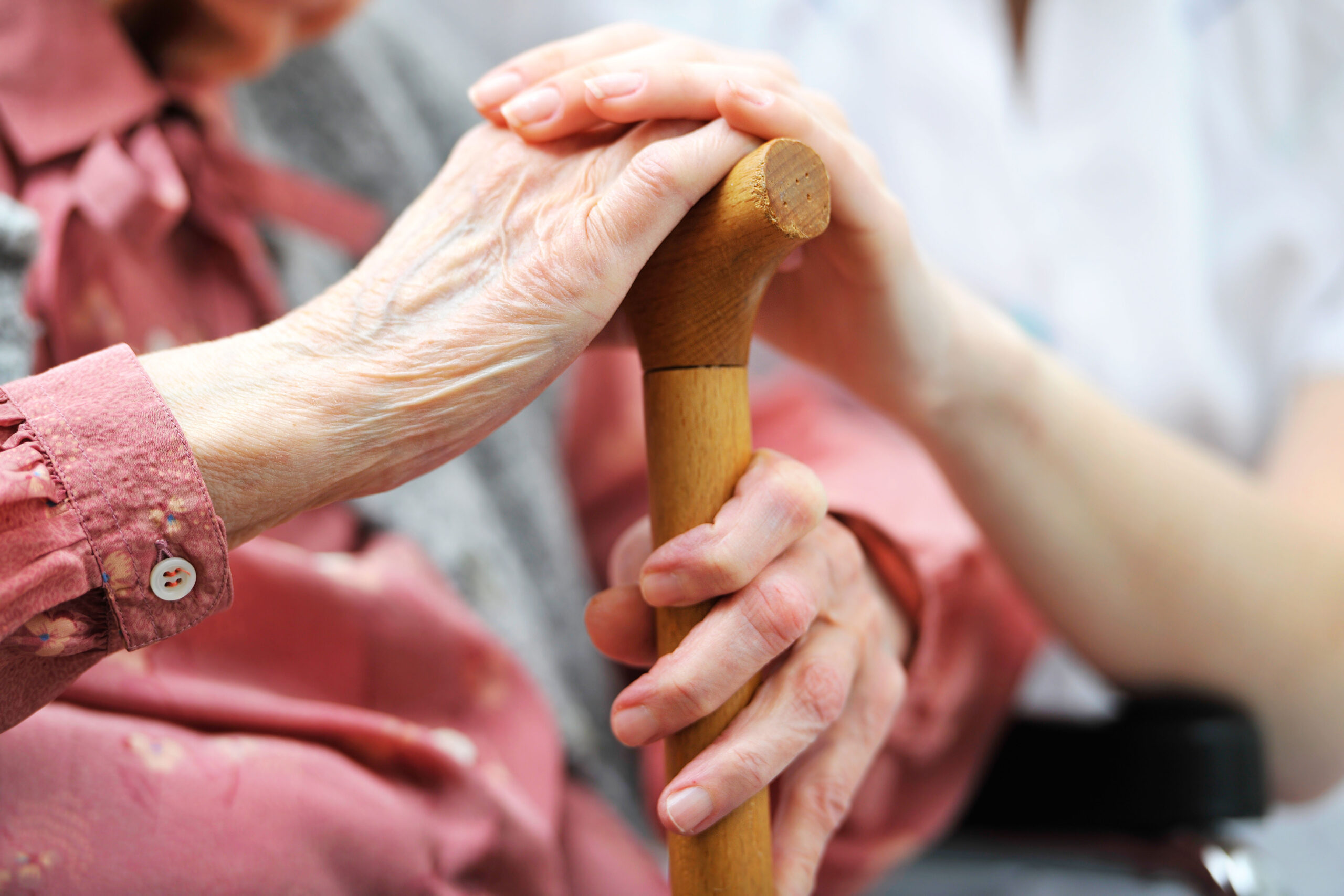
3 Signs You Should Consider Assisted Living
May 15, 2025
GET IN TOUCH
Let’s Talk About Making The Arbors Your Home
REQUEST A VISIT
Schedule a Tour of our Long Island Assisted Living Communities


